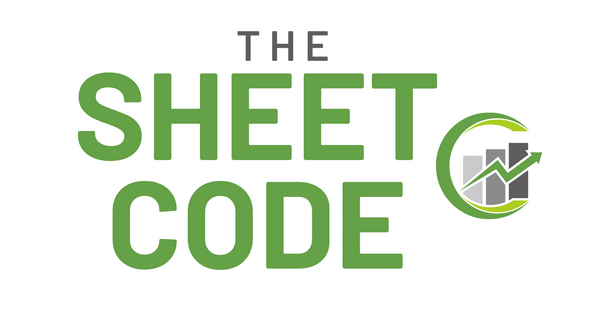Create a Budget and Stick to It
The cornerstone of any solid financial plan is a budget. Start by tracking your income and expenses to gain a clear understanding of where your money is going each month. Then, allocate funds for essential expenses such as housing, utilities, groceries, and transportation, while also setting aside money for savings and discretionary spending. Remember to review and adjust your budget regularly to accommodate any changes in your income or expenses.
Build an Emergency Fund
Life is unpredictable, and unexpected expenses can arise at any time. That's why it's crucial to build an emergency fund to cover unforeseen costs such as medical emergencies, car repairs, or job loss. Aim to save enough to cover three to six months' worth of living expenses in a high-yield savings account or other easily accessible account. Having an emergency fund provides peace of mind and protects you from going into debt during times of financial hardship.
Pay Off High-Interest Debt
High-interest debt, such as credit card debt or payday loans, can quickly spiral out of control and hinder your financial progress. Make it a priority to pay off these debts as soon as possible by using strategies like the debt avalanche or debt snowball method. Start by paying off the debt with the highest interest rate while making minimum payments on the rest, then move on to the next highest interest rate once the first debt is paid off. By eliminating high-interest debt, you'll free up more money to put towards savings and investments.
Invest for the Future
Building wealth requires more than just saving money – it also requires investing. Take advantage of retirement accounts such as 401(k)s or IRAs to save for retirement and benefit from tax advantages. Additionally, consider investing in low-cost index funds or exchange-traded funds (ETFs) to build wealth over the long term. Diversifying your investments across different asset classes can help mitigate risk and maximize returns, ultimately helping you achieve your financial goals.
Educate Yourself and Seek Professional Advice
Financial literacy is key to making informed decisions about your money. Take the time to educate yourself about personal finance topics such as budgeting, investing, taxes, and retirement planning. There are plenty of resources available, including books, podcasts, online courses, and financial websites. Additionally, don't hesitate to seek advice from a qualified financial advisor who can provide personalized guidance based on your individual financial situation and goals.

